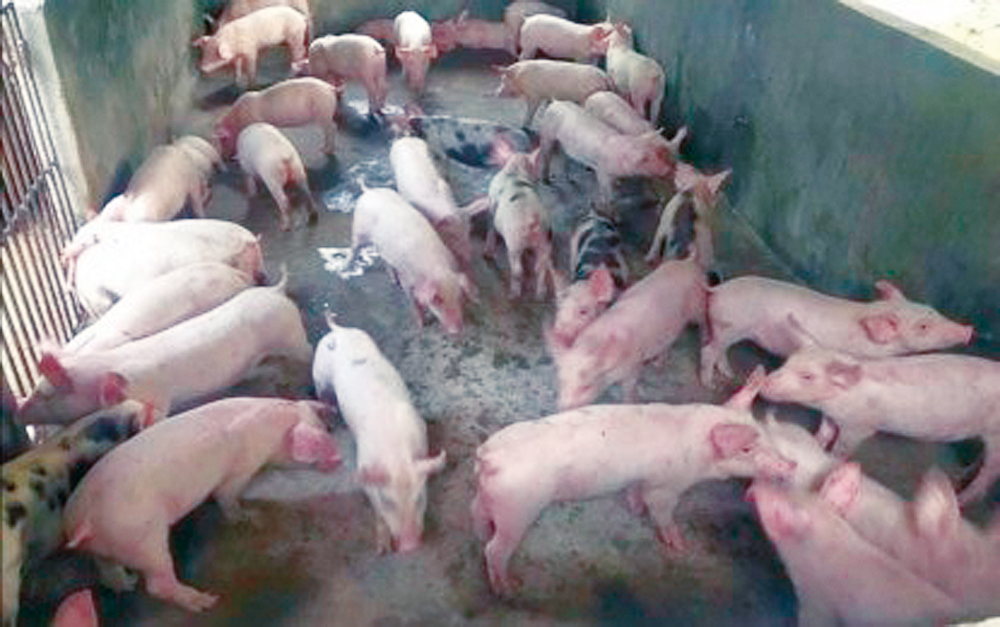The Pork Producers Federation of the Philippines Inc. (ProPork) is urging the Department of Agriculture (DA) and the Bureau of Animal Industry (BAI) to consider adopting the Cebu provincial government’s current strategy in mitigating the impact of African swine fever (ASF).
Rolando Tambago, ProPork president, said in a statement the country’s swine population has lost at least five million heads due to ASF, not purely because of actual infections but owing to the implemented protocols.
“BAI’s existing protocol of culling even healthy pigs within 500-meter radius which caused farmers panicking contributed to this loss of the hog inventory,” Tambago said.
Tambago added the local hog industry thinks the method of culling is counter-productive against food security efforts and causes the disease to spread even more as farmers who fear total loss will be encouraged to sell their hogs, including sick ones.
If continued, the culling protocol that has been in place for more than three years and includes healthy pigs may cause a pork supply shortage and, in turn, spike retail prices within two to three months from now, ProPork warned.
Tambago urged the DA and BAI to consider Governor Gwen Garcia of Cebu’s “alternative approach” to cull only sick hogs and to save the healthy ones, while also conducting a massive testing for ASF in the province and subjecting healthy hogs to multilevel veterinary guidelines before slaughter.
According to ProPork, the national government must consider Cebu’s strategy, lest it be perceived that the culling of all pigs within a 500-meter radius of an ASF incidence is intentional to push for more importation.
“In 2022, the country imported 710.3 million kilograms of pork at a reduced tariff. That’s almost half of the country’s annual demand. If we fail to protect the remaining half of our local industry, there is high possibility that we will be fully reliant on imported pork and consumers will eventually suffer due to lack of food security,” Tambago said.
According to data from the Philippine Statistics Authority, the country produced 1.7 million metric tons (MT) of hog in 2021 which increased by 2.4 percent to 1.74 million MT last year.




